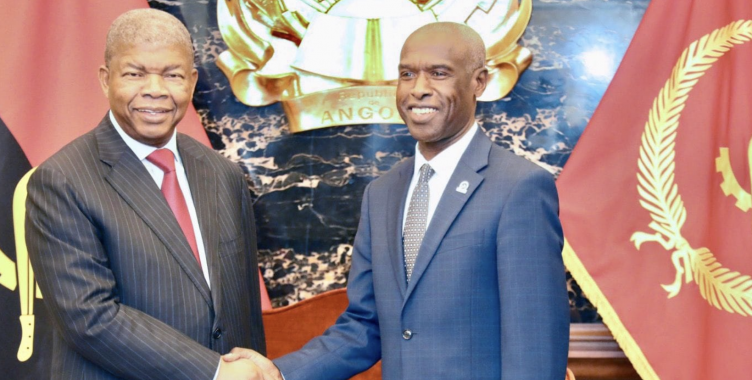Almeida Henriques, a specialist in international relations, commented in this way on the intensity of cooperation between the two States, stating that it could "generate jealousy" on the part of other very important partners in the commercial sphere for Angola, such as China.
"But in bilateral relations, the Angolan head of state has known how to create a balance so as not to harm the commitments or agreements he has with other states", he observed, saying that "President João Lourenço knows how he can sew his clothes".
The important thing is to "look, depending on the context, which stones we have to move in the chess game depending on our interests", added the academic, admitting that proximity "can pinch" states that compete for economic hegemony and foreign investments.
"We are talking about the USA and China, which are politically opposing societies from an economic perspective", added the Angolan academic regarding the audience that Joe Biden will grant on Thursday, in Washington, to João Lourenço.
For Almeida Henriques, João Lourenço should bring to the meeting the themes of regional security, commercial issues, particularly the foreign investments that Angola is attracting and the Lobito Corridor, also focusing on the environment and global conflicts.
Although there are already old relations, during the government of President João Lourenço, there was "a very deep rapprochement, even in the military sphere", he highlighted, in statements to Lusa.
He highlighted, however, that this proximity in military terms cannot have as a counterpart the construction of a military base in Angola, as the Constitution of the Republic of Angola (CRA) does not allow this.
"The CRA vetoes this possibility of any military base in the national territory", said Almeida Henriques, stressing that João Lourenço never highlighted this possibility in any speech.
The analyst admits that there may be this intention on the part of the USA, taking into account its foreign policy model from a military perspective, but highlighted that the African country governs its interests based on what is set out in the Constitution.
He highlighted, on the other hand, that opening up military training could be an added value, taking into account the "pragmatism of the American army", both technological and scientific, at a time when the Angolan Armed Forces are in a process of restructuring and modernization.
When evaluating relations between the two countries, Almeida Henriques recalled that they date back to 1993, when Angola was still in a one-party political system and a planned economic system, in opposition to the USA, defenders of an open democracy.
With the change in the Angolan political and economic system from 1992 onwards, continued Almeida Henriques, the USA, in 1993, under President Bill Clinton, "would come to recognize the independence and sovereignty of the Angolan State", starting now, after 30 years, to have a perspective of mutually advantageous relations with Angola.
In an economic dimension, the analyst highlighted that the Lobito Corridor "may have attracted, in a good way, America" as it is "a transition zone from the Atlantic Ocean to the interior of landlocked countries".
According to Almeida Henriques, the North American decision to prioritize Angola in terms of investment is a consequence of the Portuguese-speaking country's pacifist foreign policy.
"We know that President João Lourenço, in his foreign policy priorities, has precisely the issue of sub-regional, regional and global security, therefore, he draws deep attention to what is the American will towards, above all, the African continent, that it is a continent plagued by permanent conflicts and this needs to be mitigated", he highlighted.







